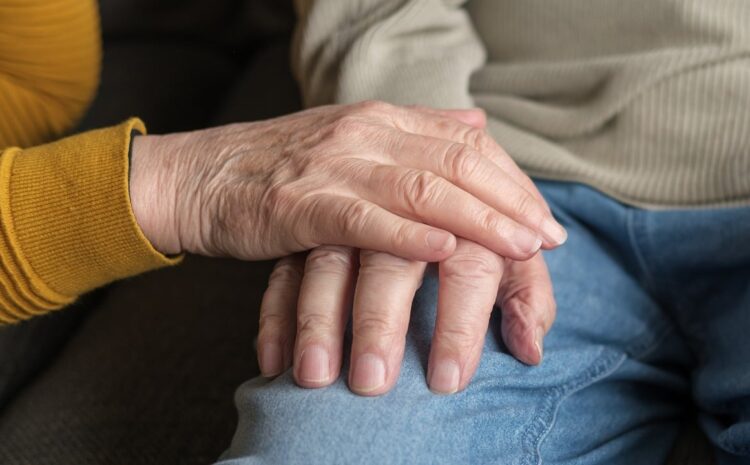
Nursing home abuse is a distressing reality that many families face when their loved ones reside in long-term care facilities. Recognizing the signs of abuse is crucial to protecting vulnerable seniors and ensuring they receive the care and respect they deserve.
Understanding Nursing Home Abuse
Nursing home abuse can take various forms, including physical, emotional, sexual, and financial exploitation. It often occurs due to neglect, inadequate staffing, or staff lacking proper training and supervision. Identifying the signs of abuse is essential for intervening and preventing further harm.
Common Signs of Nursing Home Abuse
- Unexplained Injuries: Bruises, fractures, or cuts without a reasonable explanation may indicate physical abuse or neglect. Pay attention to the frequency and severity of injuries.
- Changes in Behavior: Sudden changes in behavior, such as withdrawal, depression, or agitation, could signal emotional abuse. Watch for signs of fear or reluctance to interact with certain staff members.
- Poor Hygiene: Neglect of personal hygiene, including unwashed clothes, dirty bedding, or unclean living spaces, may indicate neglect by nursing home staff.
- Weight Loss or Malnutrition: Significant weight loss or signs of malnutrition can indicate neglect or intentional withholding of food by caregivers.
- Dehydration: Seniors may become dehydrated due to neglect or insufficient access to fluids. Watch for signs such as dry mouth, sunken eyes, or dark urine.
- Medication Mismanagement: Failure to administer medications as prescribed or overmedication can result in adverse health effects and may constitute abuse or neglect.
- Financial Exploitation: Unexplained withdrawals from bank accounts, missing personal belongings, or sudden changes to legal documents may indicate financial exploitation by caregivers or staff members.
Taking Action Against Nursing Home Abuse
If you suspect that your loved one is experiencing abuse in a nursing home, it’s essential to take immediate action to ensure their safety and well-being.
- Document Evidence: Keep detailed records of any concerning incidents, including dates, times, and descriptions of observed behaviors or injuries. Take photographs when possible and gather any relevant documentation, such as medical records or witness statements.
- Communicate With Facility Staff: Express your concerns to the nursing home administration or staff members clearly and assertively. Request a meeting to discuss your observations and ask for transparency in their investigation process.
- Contact Authorities: If you believe that abuse is occurring, report it to the appropriate authorities, such as Adult Protective Services or local law enforcement. Provide them with any evidence or information you have gathered and cooperate fully with their investigation.
- Seek Legal Representation: Consider consulting with a nursing home abuse lawyer specializing in elder law. They can help you understand your rights, navigate the legal process, and advocate for justice on behalf of your loved one.
Why You May Need a Nursing Home Abuse Lawyer
Navigating the complexities of nursing home abuse cases can be daunting, especially when your primary concern is the well-being of your loved one. A nursing home abuse lawyer can provide invaluable support and guidance, helping you understand your legal options and pursue compensation for any damages your loved one has suffered. They can also hold those responsible for the abuse accountable and work to prevent similar incidents from occurring in the future.
How to Select a Texas Nursing Home Abuse Lawyer
When choosing a nursing home abuse lawyer, consider their experience, expertise, and track record of success in handling similar cases. Look for a lawyer specializing in elder law and with a reputation for advocating vigorously for their clients. Additionally, seek out a lawyer who offers compassionate and personalized support and understands the sensitive nature of these cases.
In conclusion, recognizing the signs of nursing home abuse is crucial for protecting the well-being of our vulnerable seniors. We can ensure that nursing home residents receive the care and respect they deserve by staying vigilant and taking prompt action when necessary. If you suspect abuse, don’t hesitate to speak up and seek the support of a qualified nursing home abuse lawyer to advocate for your loved one’s rights and safety.

